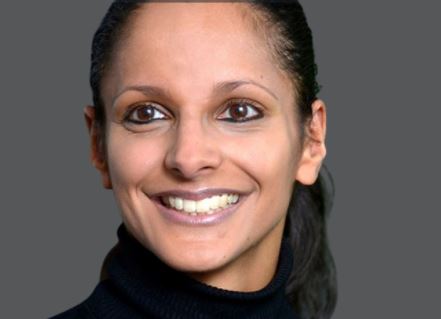24th January marks UNESCO’s International Day of Education highlighting the need for equality and diversity to be respected within education settings.
————————————————————
Many of the clients that we deal with at PLG have special educational needs (SEN) and for those children, just as with any other child, their home environment is an important factor in their success at school.
Many children with SEN will have an Education and Health Care Plan (EHCP) in place which will ensure that they are offered more support and the right therapies at school. But what happens when they go home? How important is it that they have an appropriate adapted environment to return home to at the end of the school day?
We talked to Gurvinder Samra, Senior Associate and Head of Shoosmiths Education Law team who helps families with children who have SEN make sure that their EHCP is right for their child and challenge Local Authorities where this is not the case.
Gurvinder has a formidable reputation for ensuring that children get the maximum support within their school settings and has insight in how this should extend to life at home. Whilst she emphasises the importance of communication between different therapists treating a child at school and at home, she recognises that the physical environment is also paramount for a child’s educational and therapeutic progress.
Consistency of settings is vital for children with SEN. It should be possible for the therapy input received in school to be continued at home and so the child’s home should have equipment and space where this can be made possible. Where there is this consistency there are noticeably better results for the child. One of the reasons that residential placements are so sought after is that at the end of the school day, the skills acquired during therapy sessions within the day are then implemented in real- life situations during the evening. Therefore, consistency and consolidation of learning is achieved.
The adaptations that PLG can make to a property mean that a child can have therapy in school which can be continued in their own home environment with family and therapists supporting them. We know that for a child to achieve the most they need to have that space and support available to them and when adapting a property for a child with SEN we ensure that this is given priority. Gurvinder reinforces how important this can be.
Children often cannot understand why the therapies and equipment that is made available to them in the school environment is not there for them at home. This can lead to frustration which in turn can impact on behaviour. Over a period of time this will affect the child’s educational progress at school and adversely impact on behaviour at home, making care more tricky. Where a child has a seamless pattern of therapy input via the correct equipment and space in school and home, the adverse impact on behaviour is considerably less and the child’s educational progress is likely to be more successful.
We found the conversation with Gurvinder very insightful in just how the work we do adapting properties for those children with physical as well as cognitive disabilities can have such a positive effect on the value of the education that a child will receive. It’s great to feel that at PLG we are doing our bit to ensure that, with some help from us in adapting a child’s home, there can be equality of opportunity in education for every child.
If you would like to discuss your child’s or clients EHCP plan with a specialist lawyer, Gurvinder can be contacted on Guv.Samra@shoosmiths.co.uk.

